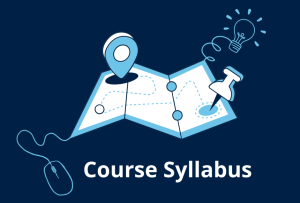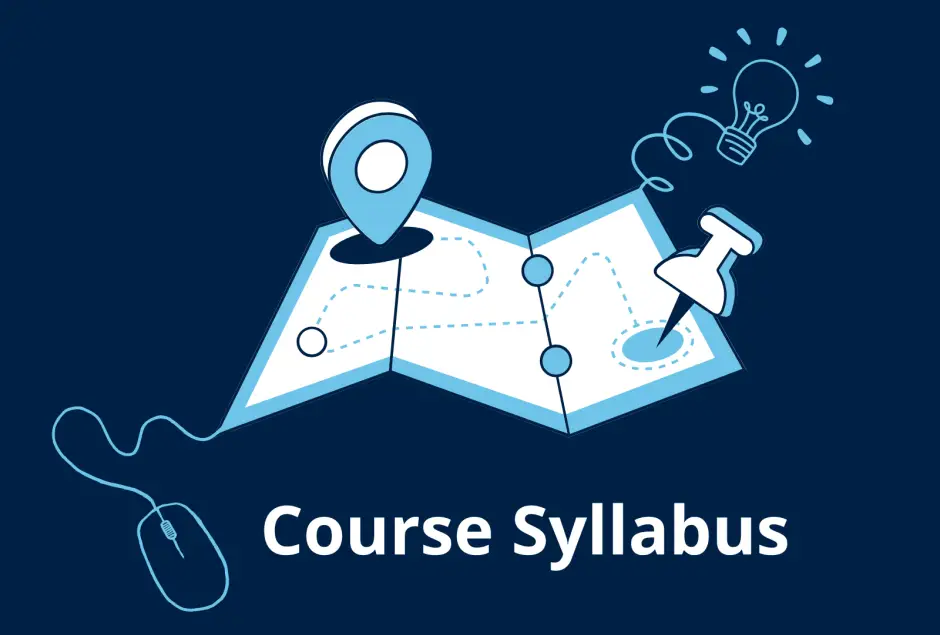School Syllabus and Its Importance
Your child arrives at home with an eagerness to learn new things each day, knowing exactly what subjects will be taught next week with interest in homework that he or she will be able to complete without any difficulty. Such things only happens when you are provided with a school syllabus.

A carefully designed school syllabus carries the features of a roadmap for education. It keeps students, parents, and teachers on the same page, so to speak. We will better see what syllabus are and why they matter so much for the achievement of the student.
How about a complete overview of school syllabus? We’ll find out their benefits and drawbacks and their real influence on education.
What Is a School Syllabus?
The school syllabus is an educational plan that works as a code of conduct. In essence, it is an illustrated guide showing what students will be expected to master in the course of a school year.
Syllabus mostly comprise five major things. The list of topics introduced in a subject is usually the first item. Learning objectives follow after that. Ways of assessment along with dates and deadlines will be the next things to come.
The school districts come up with these papers before the start of the academic year. It takes a team of teachers, curriculum specialists, and school administrators to come up with the agenda. School boards are frequently the ones that set the programs that the schools must be aligned with.
The syllabus for different subjects had better have different things in common but they still need different approaches in the subjects. For example, science learning might highlight the doing of experiments and laboratory work. Instead of the former, English class will put a greater emphasis on reading and writing skills.
Parents at times mistakenly view syllabus just like schedules. However, syllabus usually provide much more detailed information about educational targets and requirements.
Core Components of an Effective Syllabus
Setting learning goals which are very well-defined form the major pillars of a syllabus that has quality standards that are very high. Through a detailed listing of objectives, the students are expected to achieve through the course or program by the end of it.
The objectives set forth clearly show the expected outcomes to all those involved. Students will know what skills they will develop during the course. Another thing is that parents will be in an advantageous position to oversee their child or children’s learning.
As the assessment criteria are detailed in the rubrics, it is also a very important piece in the overall structure of the school curriculum. Information regarding the way of examinations in general, on markings, on assignments, on the content, and on the number of questions altogether constitute a full assessment format which is usually given in syllabus.
Topic sequencing is very essential as it is mentioned in the chapter about student comprehension. The subjects in syllabus are arranged using logical order. The concepts learned in the world of science are always new ones which are based on the old ones previously learned.
Resource lists provide students with the directions to the resources that they may find useful. The resources may be in the form of textbooks, e-learning platforms, or even just a compiled list of recommended readings.
Through the setting of timelines everyone will be able to see the whole road throughout the academic year. A timeline is not just a point in history where things get marked but it also indicates when the event major test would happen and when the assignments would be due.
Benefits for Students
Briefly, syllabuses can be compared with maps for the students who are the travelers. A thing that matters a lot is that when kids know what is coming next, they will feel more confident throughout the whole process of learning.
Presenting information in an organised way provides the students with another valuable planning tool that they can use for their study time to be more effective. They can even do a preparation of the next topics during their holidays or other free periods.
The reasons why many students are not willing to sign up to new courses are the fears that they will be surprised by the requirements of the courses and they are not prepared in any way. However, as students also, we have to accept the fact that knowing course expectations is the best way to fight anxieties. The fright in education usually results in stress and confusion.
The self-learning process is effective only when the student is provided with a detailed syllabus. Studens can do research on a certain topic on their own before the class discussion begins.
Goal-setting is more effective when the goals are quite clear. Kids are quick to learn one effective method of teaching, i.e., breaking subjects into smaller, more manageable parts. Time management skills can be developed naturally with the aid of a well-organized syllabus. Students start to realise how much time they will need for different activities.
Advantages for Parents
Parents get access to a complete syllabus that outlines the key details of the child’s educational path. You will be able to see precisely what your kids are learning in each term.
If you are aware of the topics that is going to be discussed in the class, parent or simply say home support could be very effective. The homework could be done with more confidence and in a more meaningful way and that is just by the way.
When everyone has the same information, communication with the teachers is greatly improved. Parent-teacher meetings are more productive and focused. The educational resources that are at home can better align with the school requirements. You may be buying the books or educational games that are supportive of the present learning.
When a person has a good understanding of the assessment criteria, monitoring progress becomes easier. You will be able to uncover problems that have the potential to become serious issues long before that time.
Significant school dates and deadlines may also be taken into consideration when planning holidays. You will not be the only one affected by a big exam or a project submission that you have not been informed of during family trips.
Benefits for Teachers
Teachers ordinarily use the syllabus as the main instruments for planning their work throughout the academic year. The syllabus serve as both the teachers’ and students’ guide in dealing with and practising the required curriculum content.
The teacher gets more productive in lesson planning when a syllabus is involved. The teacher is able to come up with lessons that are interrelated and as a result of being progressive, they draw from previous knowledge.
Educators will be more efficient in the allocation of the resources when they have a clear idea of the materials they are going to require. Scientific instruments, books, and tech can be reserved beforehand. Assessment design is more structured and fair to the entire students. Teachers are able to properly schedule the tests and assignments.
The skills coaching provided is more aligned with the curriculum. A teacher could focus on the training areas that fit best with their syllabus. The collaboration between the staff is greatly enhanced when all members are following the same structural approaches. The problem of subject coordination has become very simple because of the different classes.

